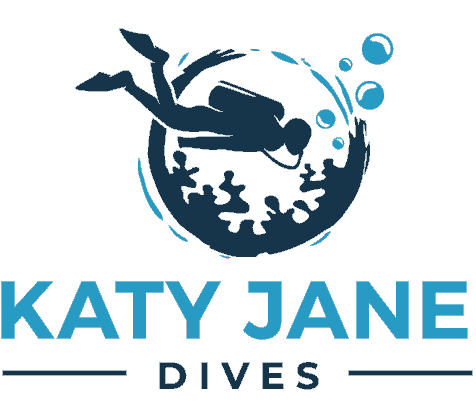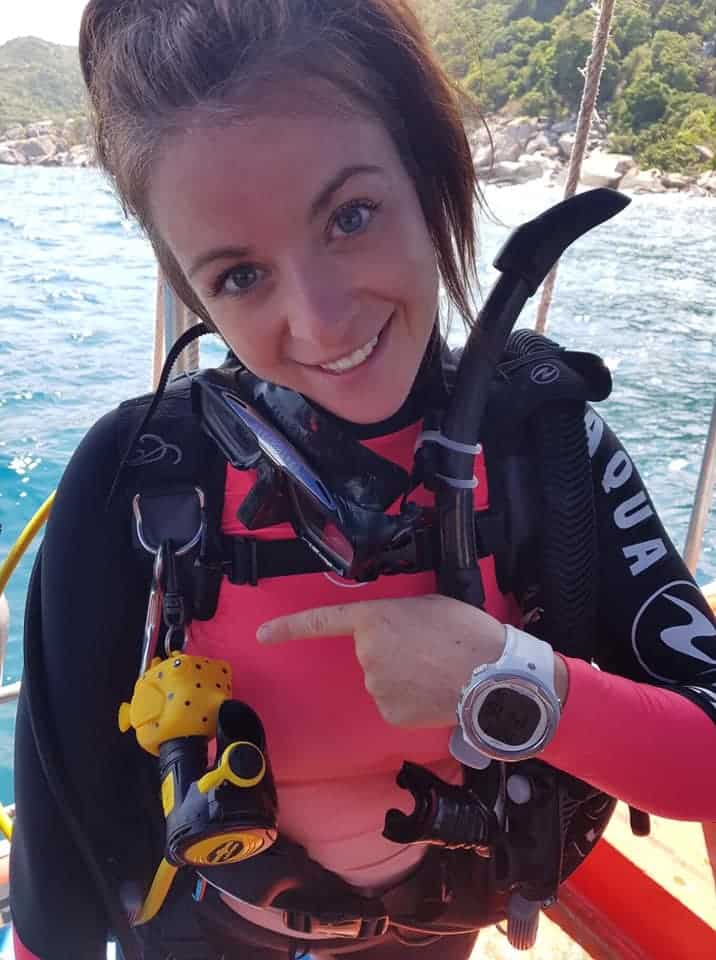If you didn’t see the recent photographs of a girl swimming with one of the biggest Great white sharks on record, then where have you been hiding? Ocean Ramsey is a marine biologist who specialises in shark ethology and along with her team One Ocean Diving, gets up close and personal with sharks.
These photos spread like wildfire across social media, sparking mixed emotions from viewers stunned by the physical contact she had with the shark, but many were overwhelmed by the sheer size and gentle nature of this giant. It is believed the shark is approximately 20 feet long and 8 feet wide and it was spotted feeding off a sperm whale carcass off the coast of Isla Guadalupe in Mexico.
There were previous sightings of Great whites feeding from this same carcass in the days before the photos were taken, including another impressively sized individual well known to scientists called “Deep Blue”.
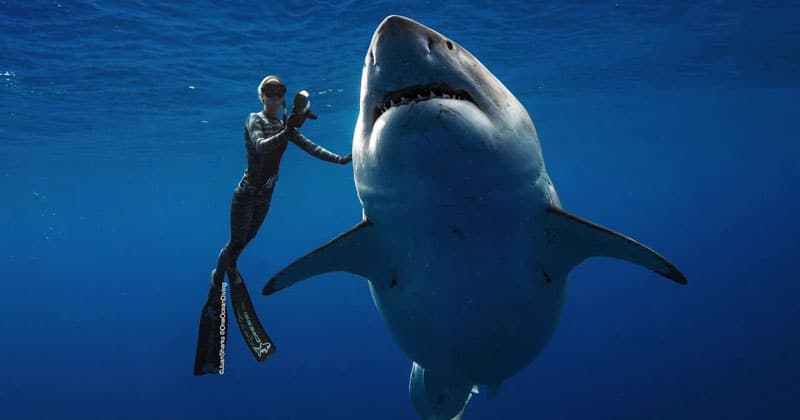
With the news of these impressive creatures gracing the carcass, people flocked to the location to try and get a glimpse of the unidentified shark. The shark was not the only species feeding from the carcass, with many other species including tiger sharks and dolphins using it as an important food source and the influx of humans would have an impact on the feeding behaviour of all involved, quite possibly scaring animals away from the carcass.
Not only this, Ocean Ramsey’s photos have had some backlash from other marine biologists that say although she is attempting to raise awareness that these are simply gentle giants that have an extremely important role to play in marine ecosystems, she is spreading the wrong message by making physical contact with the shark, something that is looked down upon in the marine science industry and at the same time also encourages others on social media to do the same.
I am not here to argue the case of whether she should have touched the shark or not but more to take a closer look at the role that sharks can play in the conservation of their own and, on a much larger scale, the ocean. Sharks have forever been portrayed as vicious man-eaters, and because of this perception, humans have sought to reduce their numbers year after year.
Not only do they purposely get hunted and slaughtered in various parts of the world, a shocking and uneducated attempt at reducing or eradicating a population, but they are also specifically targeted as a food source, and their fins are used in one of the most sickening delicacies across Asia, shark fin soup. The history of their portrayal in the media could not be any more wrong.
They are some of the planet’s most evolutionary advanced species that have survived millions and millions of years and could not be any more perfectly adapted to their natural environment. Their “man-eater” label is a result of irrational hype stemming from media sources and the film industry, when in fact attacks on humans are very few and far between – more people are killed each year by coconuts than sharks.
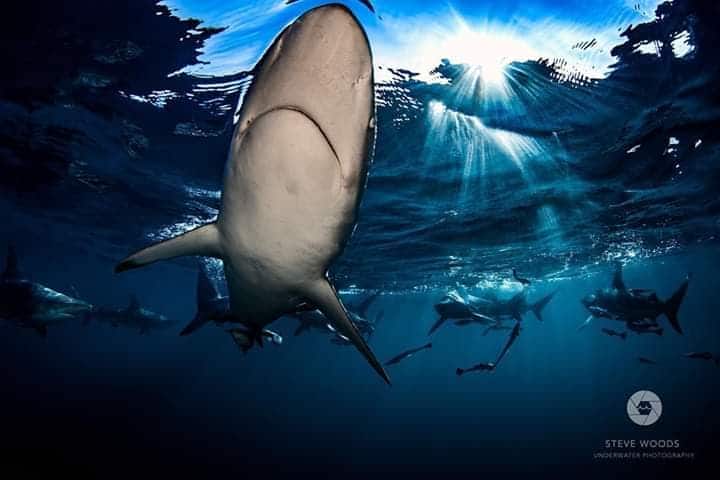
Table of Contents
A New Era of Sustainable Choices
In recent years, the popularity of eco-tourism has increased rapidly. With a generation of individuals aware that their choices have direct and indirect consequences on the environment and the species that inhabit it, many more tourists and adventurers are turning to eco-tourism options when planning a holiday or activity. Eco tourism is a form of tourism which is intended to be environmentally low impact, sustainable and expected to aid the protection and conservation of the said environment and its community.
Thanks to the online world, many destinations offering eco-tourism opportunities have become popular and continue to grow and become the preferred choice of many travellers. That said, there is a balance to be maintained and if this balance fails, then it possibly defeats the initial purpose and objective, which is of course conservation. From Borneo to Botswana, Alaska to Antarctica, the Amazon rainforest the Galapagos Islands, there are some extremely biodiverse locations that are becoming the home to various types of eco-tourism.
Looking specifically at marine eco-tourism, it has become an option that many coastal communities have turned to, upon realising that the oceans ability to adapt to the pressures that it faces, such as over fishing, habitat degradation and destruction, has been surpassed. They are looking to use the ocean’s resources in another way.
In Mexico, marine eco-tourism brings almost 1 million visitors and generates over $500,000,000 in local income, presenting itself as a truly viable way of sustainably supporting the economy of coastal communities and providing an alternative to fisheries.
And there are many other locations around the world that see this possibility too. Grey whales were almost pushed to extinction over the last one hundred years due to the hunting of its blubber for use as oil and thanks to eco-tourism projects in Baja California, the population has recovered immensely and whale watching in these sanctuaries brings over $6,000,000 per year.
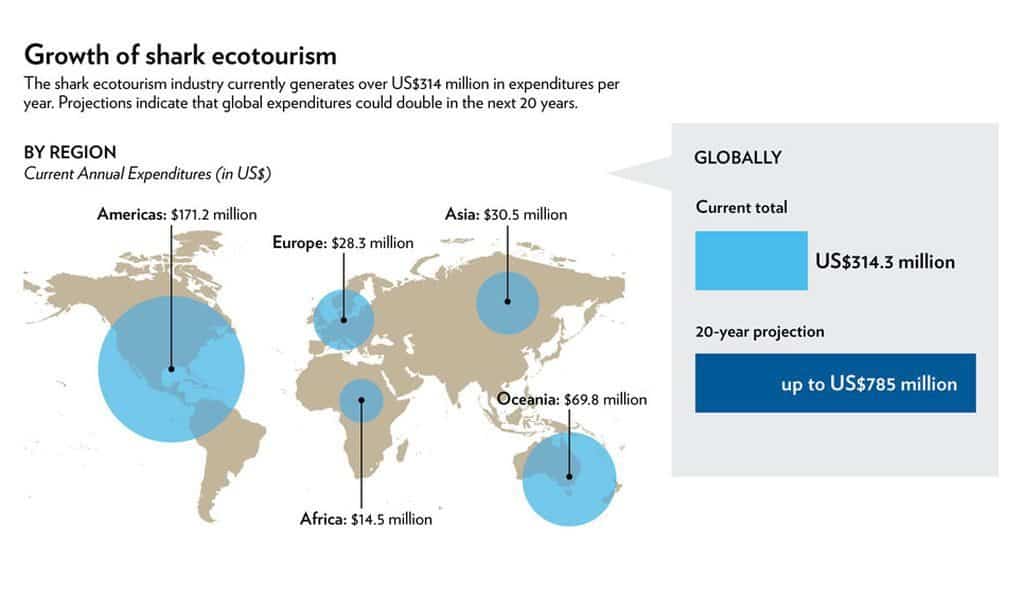
Sharks

Sharks are apex predators that keep the ecosystem in balance. From cleaning up large deceased creatures like the one Ocean Ramsey swam with, to keeping populations and health of smaller prey fish species below them in the food chain in check, they are important indicators of the state of the ocean.
Shark species have an indirect effect on seagrass and coral reef habitats also, by shifting their prey’s spatial habitat and therefore altering the feeding behaviour and diets of other species. A shark’s presence is felt through to the bottom of the food chain, and of course, this works the other way, their absence is also felt throughout.
Removing sharks from coral reef ecosystems for example, means that the large predatory fish lose their predator, resulting in an increase in abundance and a higher amount of feeding on the herbivorous species of fish. This pressure on the herbivorous fish species reduces their population to the point where the macro algae is left to expand across the reef, out competing the coral and thus causing a detrimental effect on the overall survival of the reef.
Brendon Sing is the Director of Shark Guardian, a UK registered charity that do huge amounts of work across the globe towards education and conservation of sharks. Brendon says, “Personally speaking as a diver, encountering a shark during a dive is one of the most special and memorable experiences I can think of. Here is an animal that has not changed for 140 million years, the oceans apex predator cruising along right by me. Its moving elegance and awesome presence is humbling and exciting at the same time”.
He goes on to explain why sharks are so important “I like to compare them with lions being the king of the jungle, to sharks being the king of the ocean. At the top of the food chain, sharks maintain the balance of the marine ecosystem by controlling the populations of species below them in their specific habitats. There are sharks in all of our planets 5 oceans and inhabit the ocean surface down to over 3000m (top 3 ocean zones)! Sharks maintain the balance of many species in their habitat zones, either near the ocean surface, mid-ocean or as bottom dwellers. There are over 500 species of sharks that have their specific preferences of prey species that they maintain below them in the food chain. By doing this they act as a natural barometer for the health of the oceans and its many ecosystems. Sharks remove the weak, injured or dead marine life from the oceans, maintaining a healthy and strong marine diversity.”
The over-exploitation of sharks has been noted, and many countries now legally protect sharks at both local and national levels. However, although they may be legally protected, some laws still have loopholes in legislation that fishermen can get around. But awareness is rising, and citizens across the globe have been involved in pushing local protection measures to ensure that species are protected. Many shark species are protected under the Convention on International Trade in Endangered Species (CITES) and the demand for shark fin is, fortunately, on the decline.
But they still need our help! Take a look at our efforts to ban shark fin in the UK by reading about the Finspire Change Campaign here.
It is important to support sustainable shark eco-tourism opportunities.
Make sure you do a lot of research into the operators you use, understand the protections in place, and the work that’s being done to ensure the opportunities are sustainable and not for short term gain.
Why not book on for organised expeditions, like ones hosted by Shark Guardian. Check out my article on diving with Thresher sharks in the Philippines with Shark Guardian and Evolution Diving.
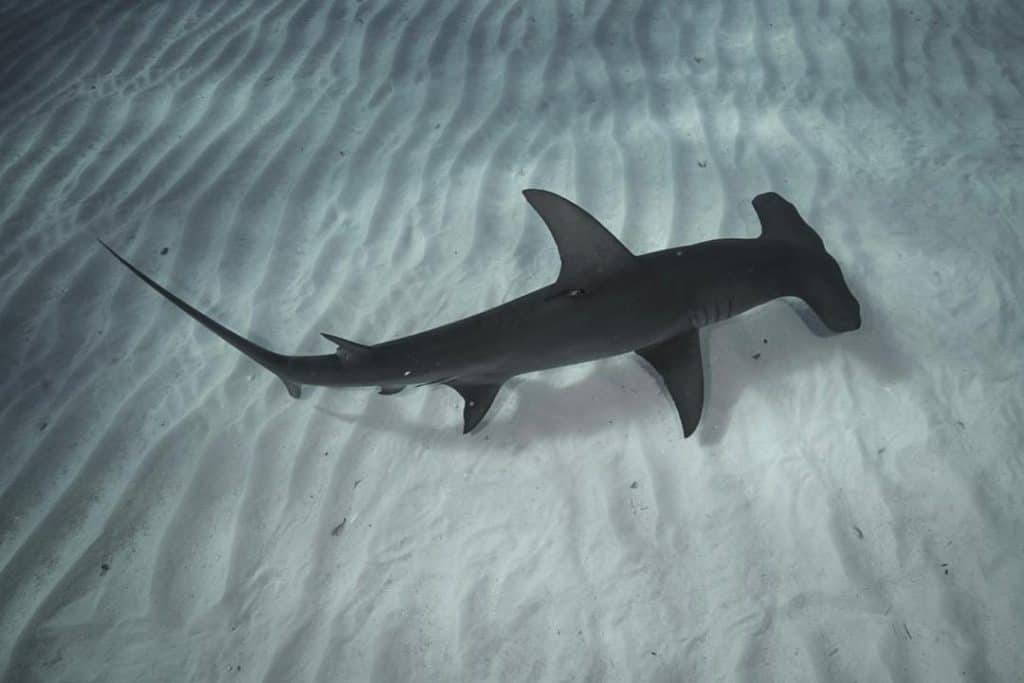
Using Sharks to Build Eco Tourism
Using sharks as a focal species to build eco-tourism projects is something that is not uncommon. Many Scuba divers and snorkellers flock to locations where sharks are abundant, looking for that once in a life time opportunity to dive with these prehistoric beauties.
Sharks are worth more alive than they are dead and local communities are beginning to realise this and utilise methods to generate an income from this alternative marine resource. An individual live reef shark is worth $250,000 thanks to dive tourism. Compare that to its $50 price tag as a dead individual and it’s difficult to see why sharks are still being fished. On an annual basis, shark ecotourism brings in $314 million worldwide and this number is expected to increase over the next 20 years to $700 million. That is, as long as the balance is maintained.
Elisabeth Lauwarys is a professional underwater photographer who showcases her work through Oceans Below. She has been lucky enough to dive and photograph numerous species of sharks. Elisabeth says “It’s an emotional argument no matter where you are in the world but my view is that the shark diving industry is incredibly important for shark conservation as well as having huge socio-economic benefits. A shark is a difficult animal to see. If you really want to see one, you need to go to great efforts to do so. Even if you travel to an area inhabited by lots of sharks you are never 100% guaranteed to see one. Sharks are very shy and in most cases are likely to avoid you.”
“In certain places in the world we are extremely lucky to have opportunities of witnessing natural behavior from afar without having to attract them. At most other shark locations around the world, the sharks need to be attracted to a vessel or by bait in order to see them. If this is not the case, you will simply not see a shark. By doing this, we can give opportunities to people to seeing a shark up close and personal. And thanks to being able to spend time with the sharks people become passionate about them and we all know that we protect what we love…”.
There are certainly pros and cons to shark ecotourism and any ecotourism project involving sharks should be closely managed and employ measures that prevent the fragile balance from being lost. Shark diving has local economic benefits and helps increase public awareness thus increasing their conservation, however it can affect their natural behaviour.
Assessing the impact of shark ecotourism is a focal point of many marine scientists and studies are being conducted which look at changes in feeding behaviour, habitat use and depth differences. Altering the feeding behaviour could also have much more detrimental and impacts that are much more difficult to observe. The distribution of a shark’s energy necessary for growth and reproduction is important, yet if the activity rate of the shark increases during times when it is being fed by humans in an unnatural manner and interrupts resting periods then the energy allocation could be disrupted and therefore effect the overall health and reproductive ability of the shark.
It has also been argued that effectiveness of shark ecotourism programmes is limited due to an effect known as the “ceiling effect”. The participants that are attracted to these kinds of programmes are already environmentally minded, questioning the conservation gains. Is diving or snorkelling with sharks likely to attract individuals that are not environmentally aware?
Final Thoughts
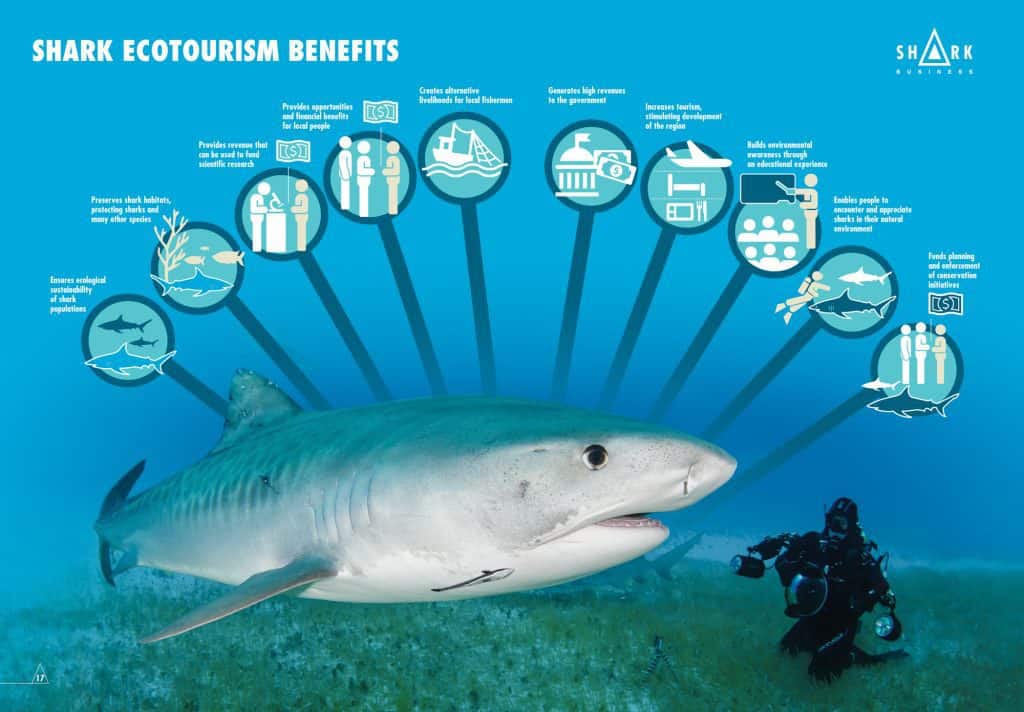
There is still limited information on the truth behind the impacts shark ecotourism has on the species. One thing is for certain though, with protection of marine areas difficult to initiate and manage due to national borders and differing political legislations, shark ecotourism could be a method of conserving an apex species whose protection can help maintain the health of the global oceans.
It is an alternative income for coastal communities in many different places that could lead to the creation of international agreements between countries, sanctuaries and Marine Protected Areas (MAP’s) across borders.
The balance of commercial and environmental needs must be addressed and the business models for these programmes must take into full account the true sustainability and need for low impact on the species and its habitat.
